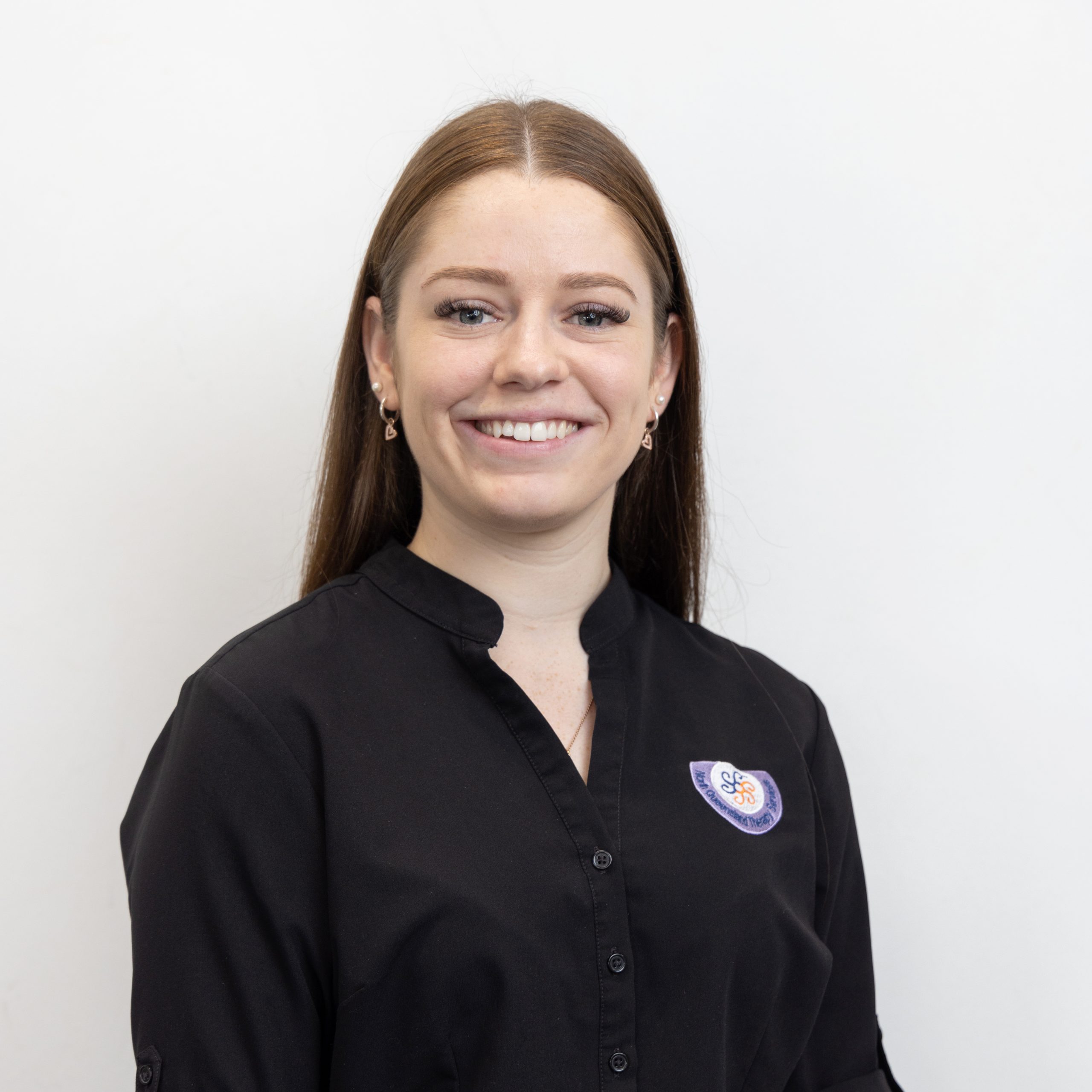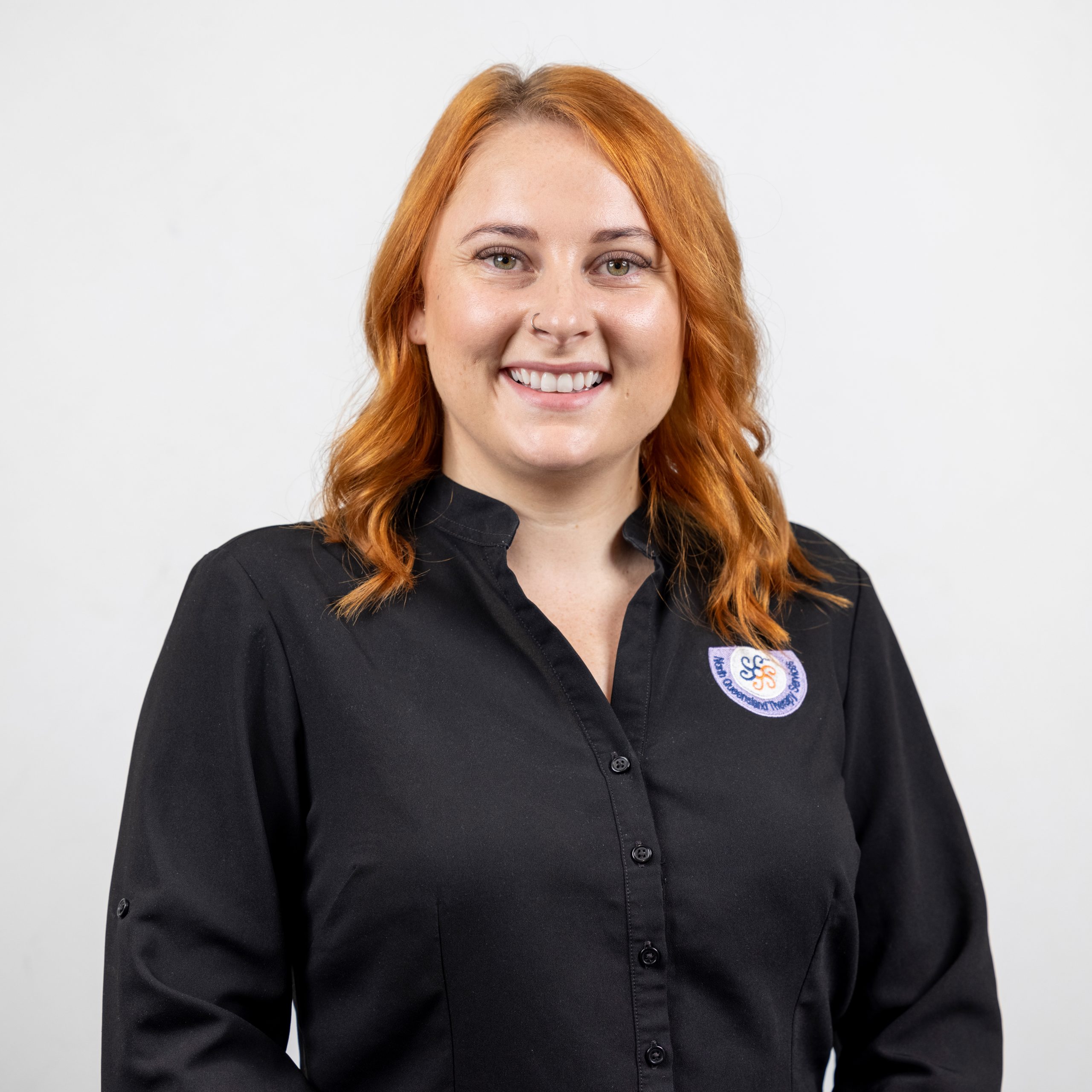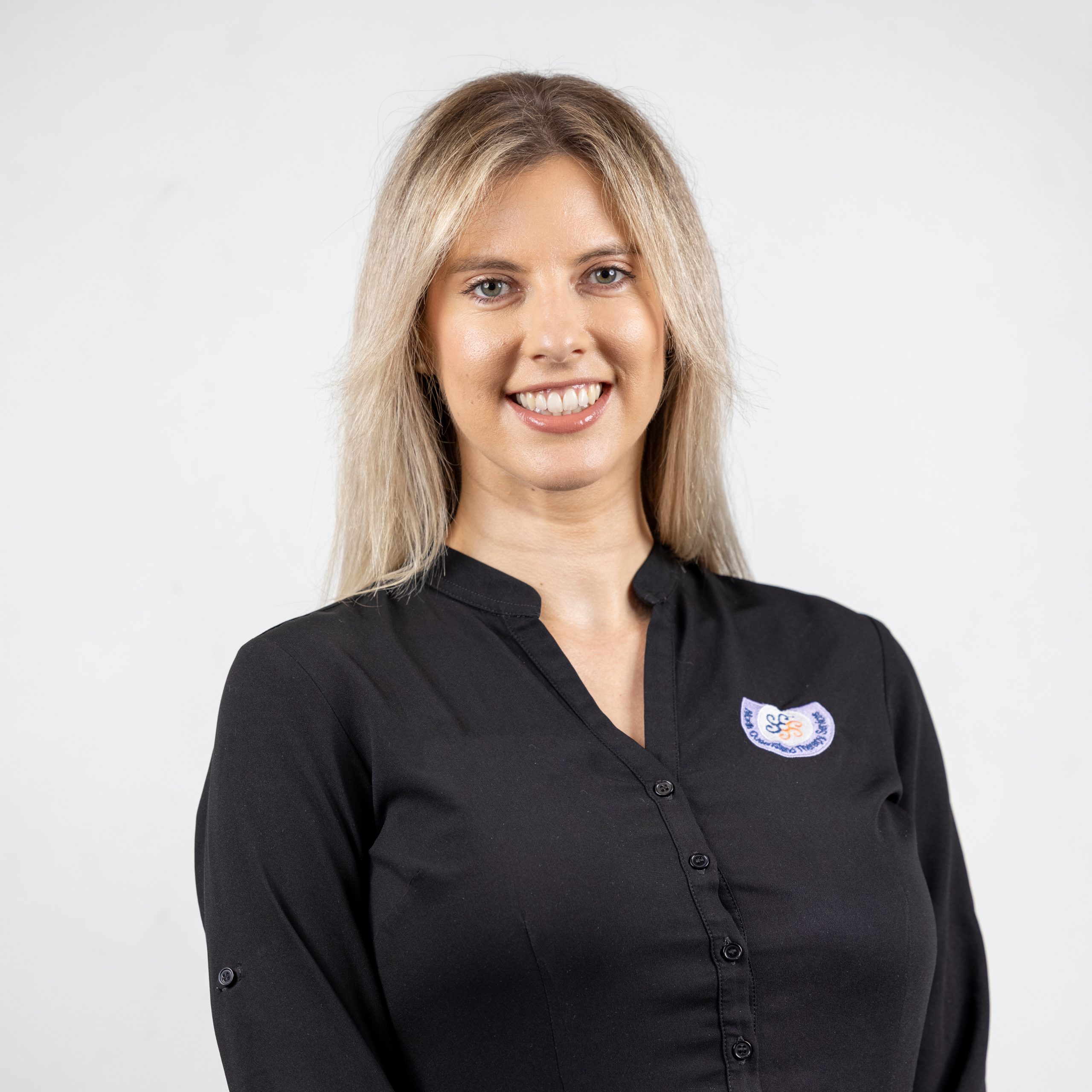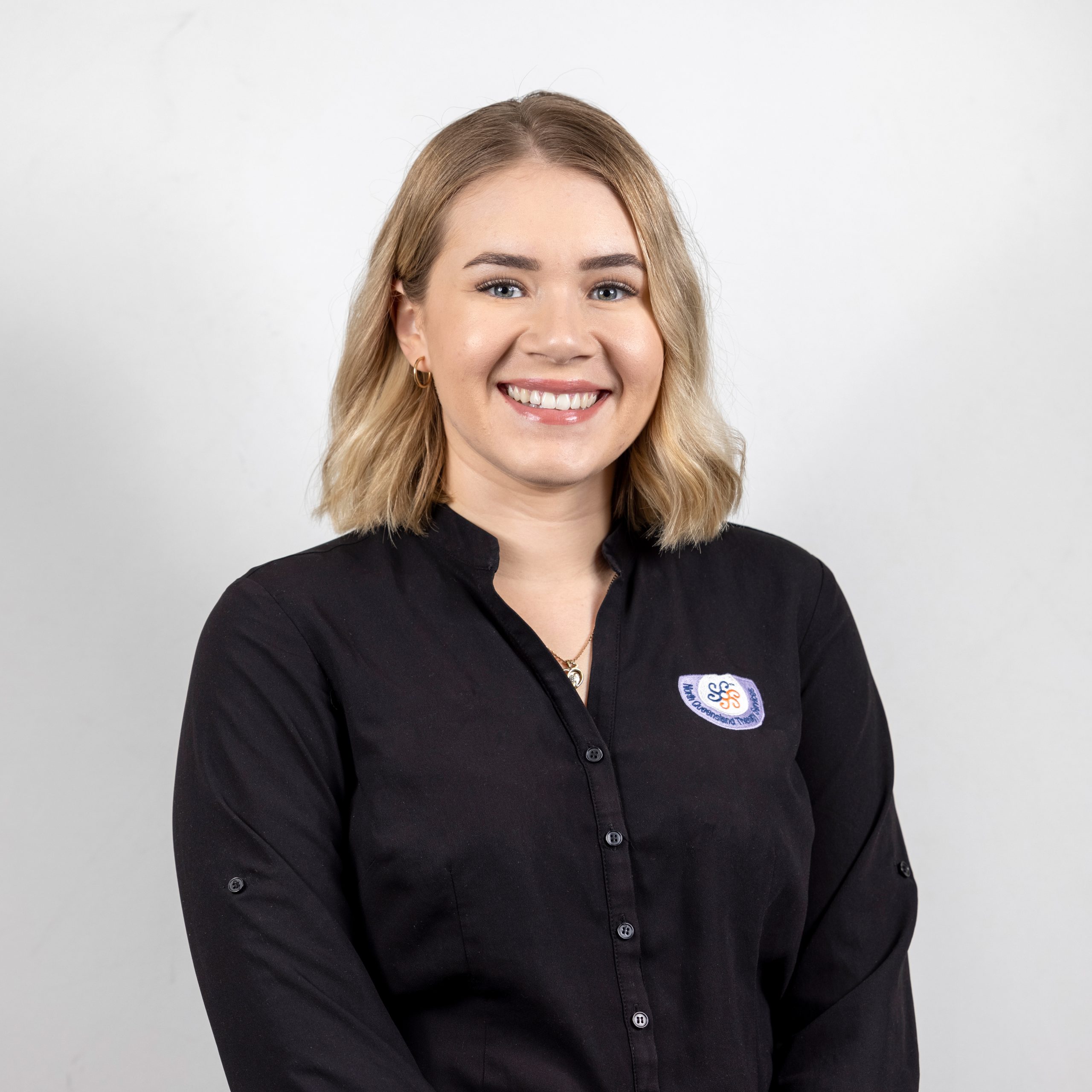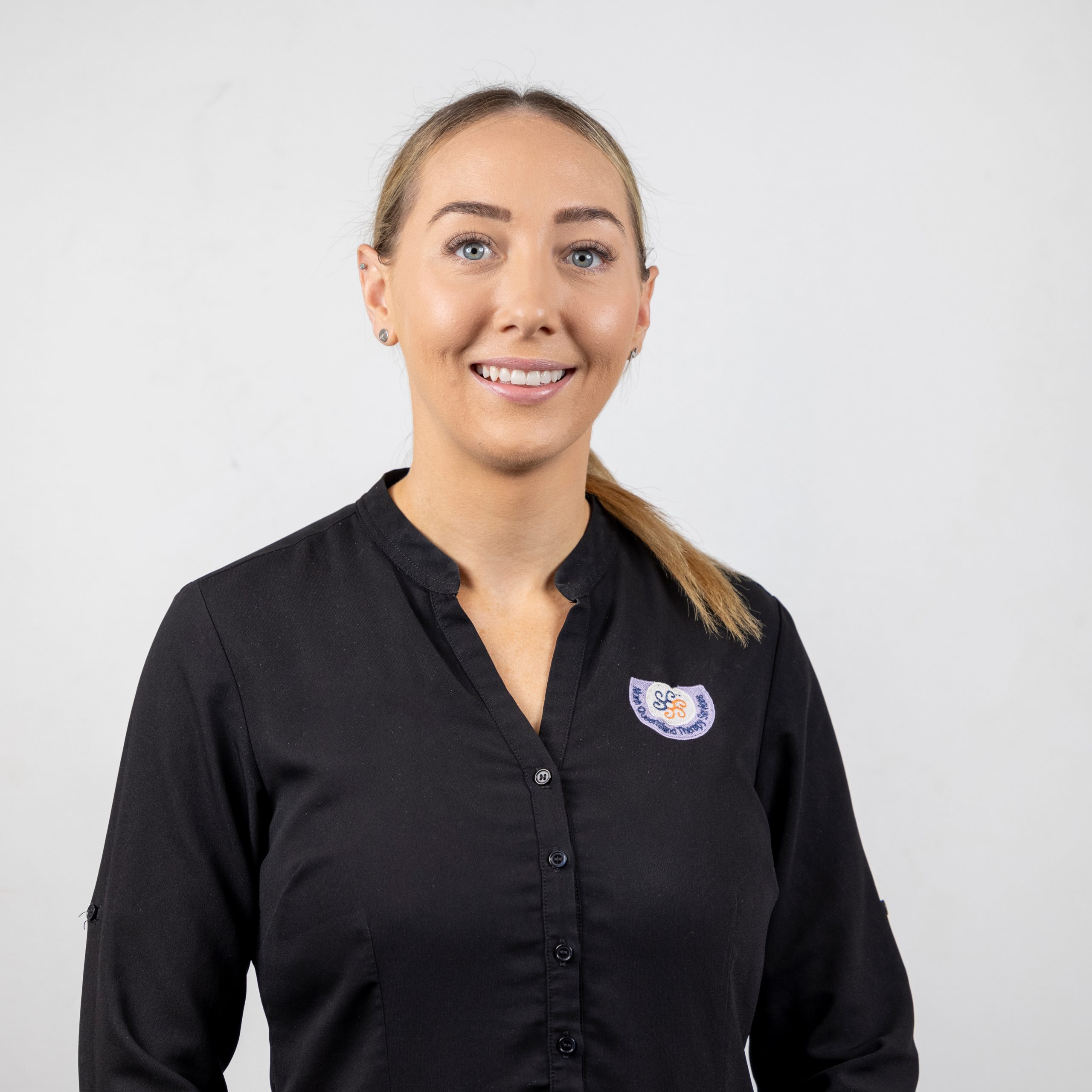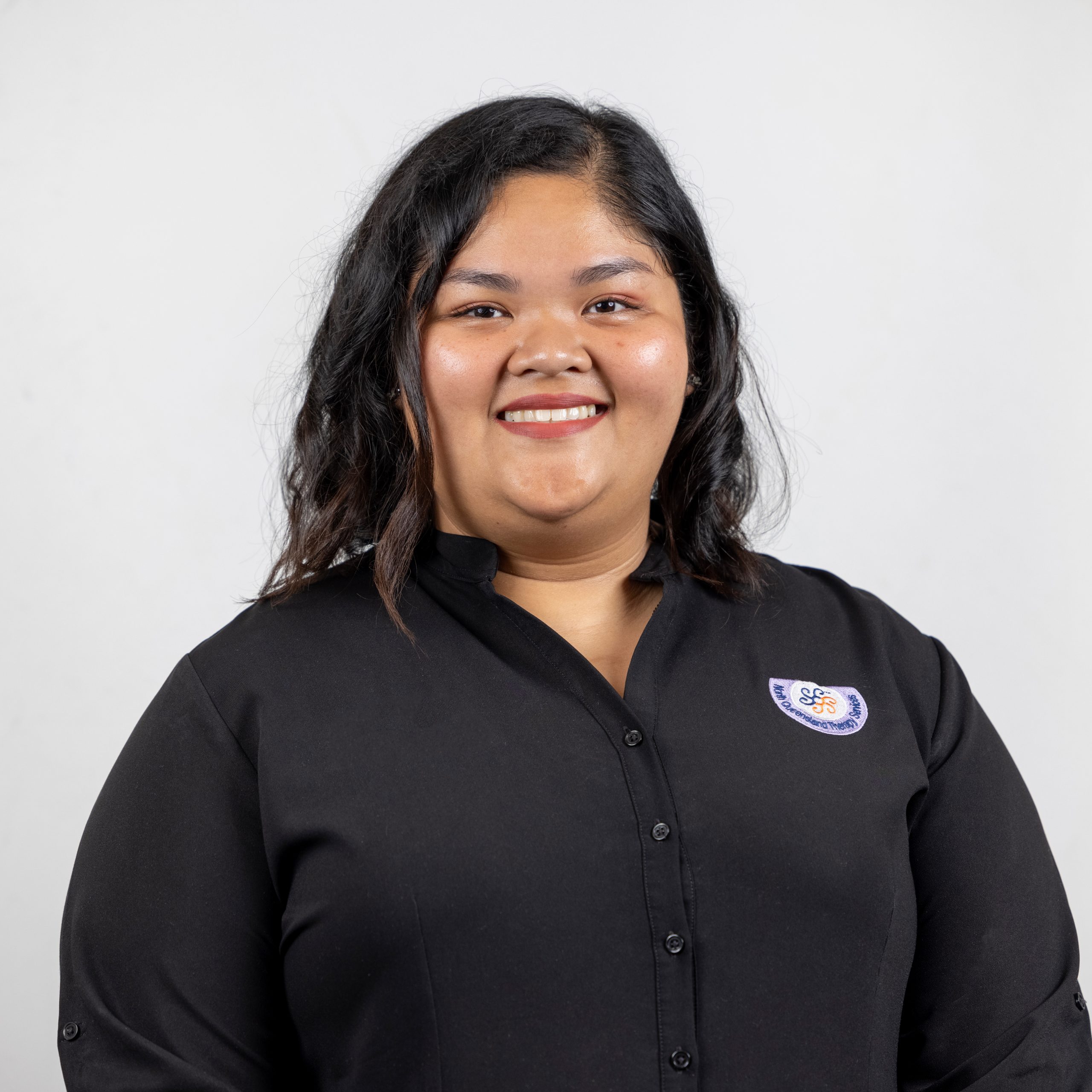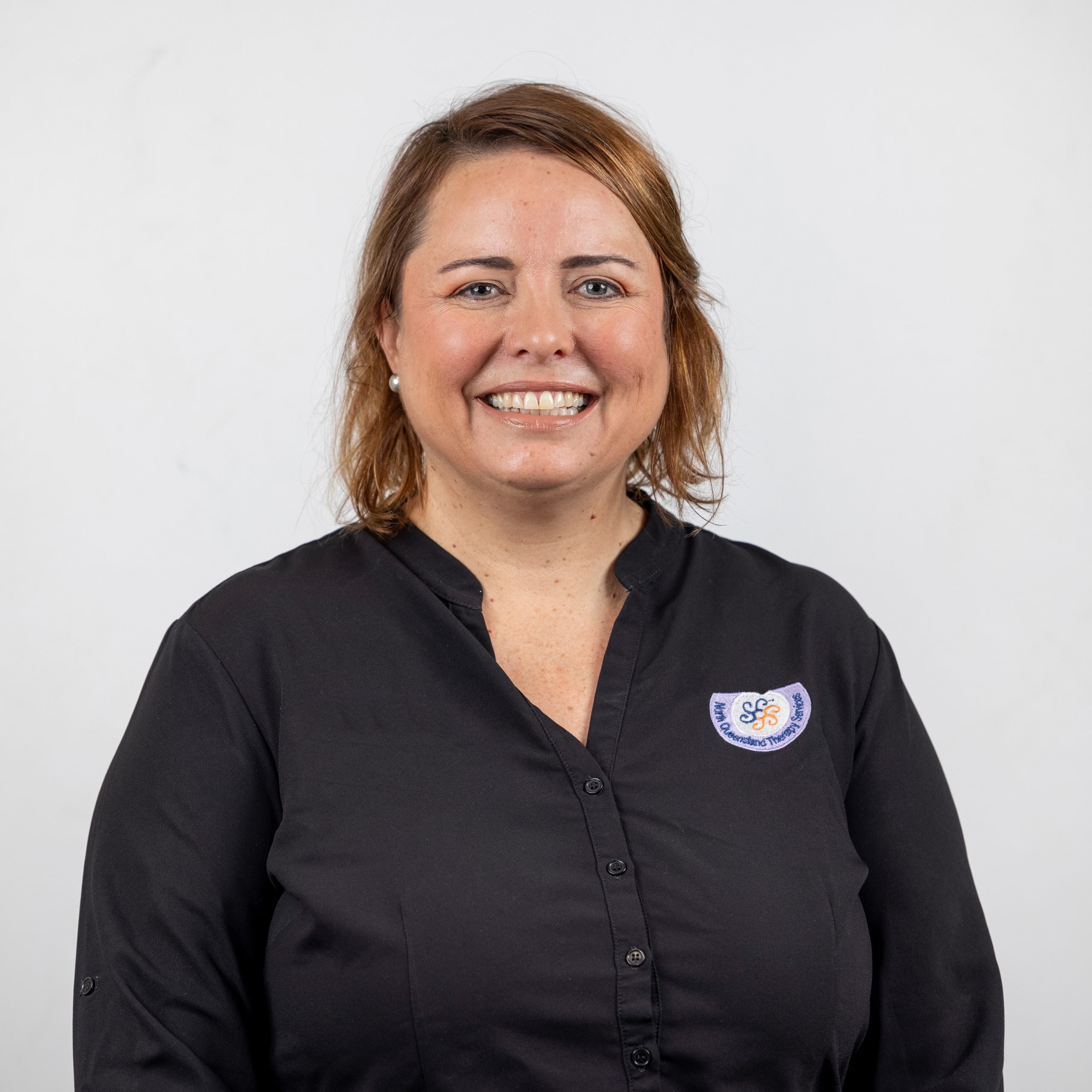Workplace Fitness Programs
Employers who wish to improve the health of their employees. NQTS can provide workplace fitness programs for individual or group on-site training. Programs include discussions about holistic health with emphasis on exercise, nutrition, relaxation and stretching, a baseline assessment and periodic reviews.
Workplace Fitness Programs
Employers who wish to improve the health of their employees. NQTS can provide workplace fitness programs for individual or group on-site training. Programs include discussions about holistic health with emphasis on exercise, nutrition, relaxation and stretching, a baseline assessment and periodic reviews.

